This headline is sure to have you wondering if you read it correctly. Does this mean you can “catch” cavities and tooth decay? According to a recent study, the answer is yes, tooth decay is an infectious disease. However, it is limited to transfer from mom to baby, not from adult to adult or even child to adult. Read on to learn more about how you can spread tooth decay to your baby.
What Is Tooth Decay?
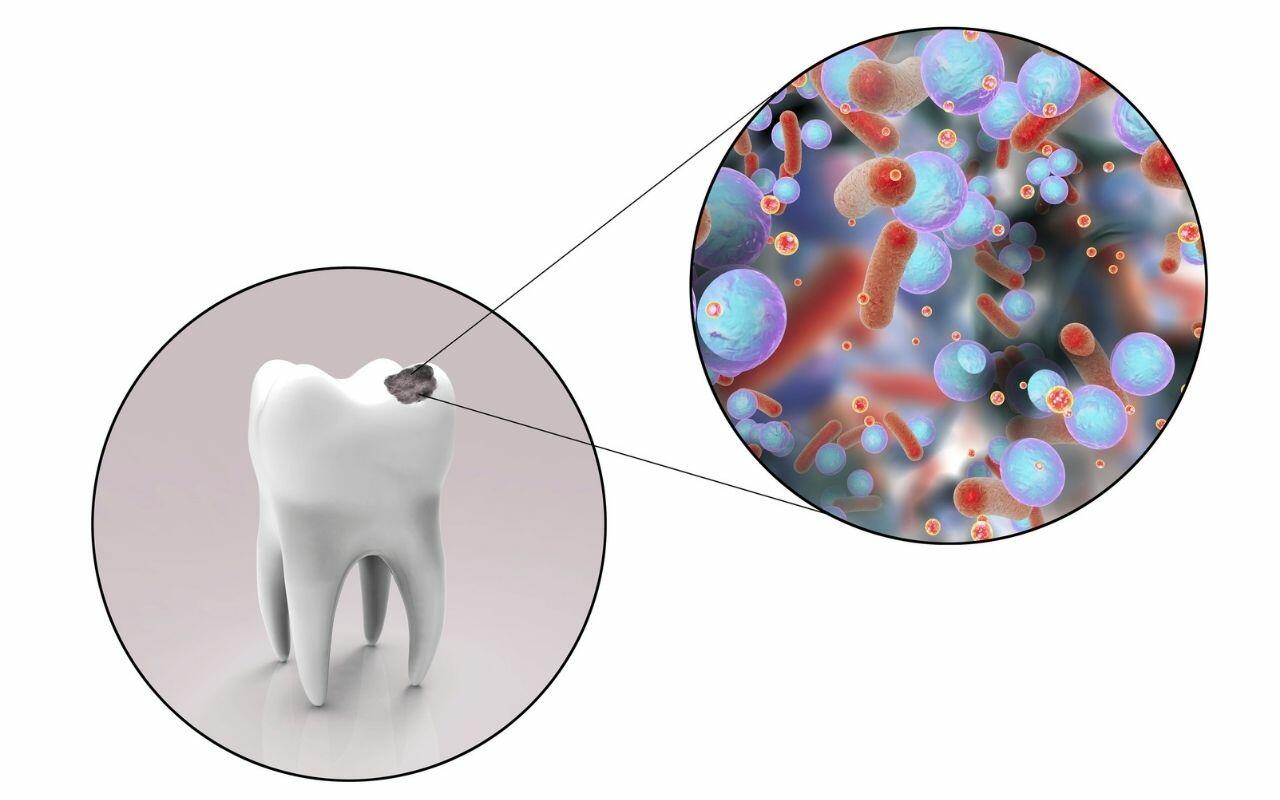
Tooth decay is the damage caused by plaque that develops when the sugars in our mouth turn to acid. When plaque builds up, it can create holes called dental caries, as well as gum disease. Believe it or not, tooth decay is the most common chronic childhood disease. However, most parents are unaware that it is also contagious.
How Is Tooth Decay Spread?
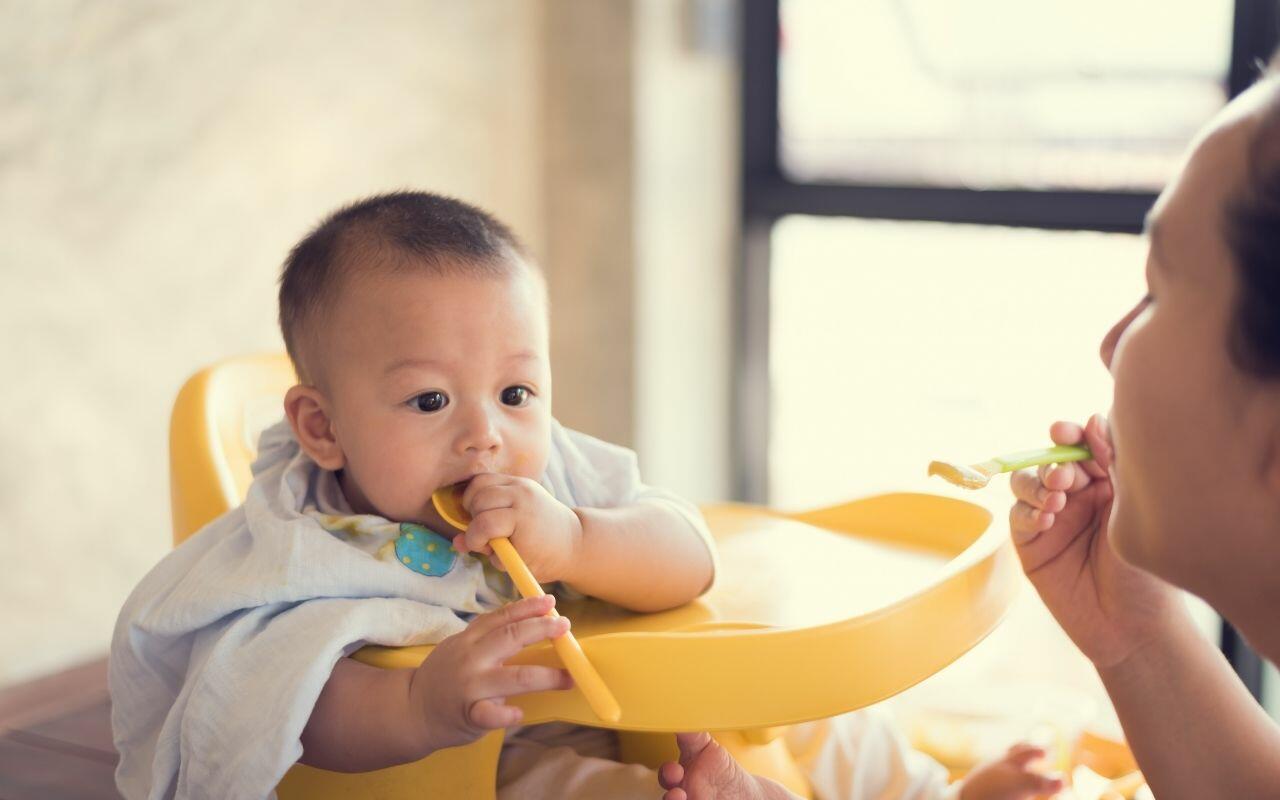
When a baby is born, their mouths are free of bacteria that cause cavities. However, it is possible for mothers with cavities to transmit the bacteria in their mouths to their babies. The bacterium in question is called Streptococcus mutans which can only be transmitted through saliva. This is a very aggressive bacteria found both when a mother has active tooth decay, or has filled cavities.
So how is saliva transferred from mother to baby? The best example is how many mothers will “clean” a dropped soother by placing it in their own mouths and then into their baby’s mouth. It can also be spread by sharing spoons, such as having a bowl of ice cream and giving your baby a taste from your spoon. Other ways you might pass on the bacteria include:
- Kissing your baby on the mouth
- Blowing on a baby’s food to cool it
- Testing baby’s formula for heat using the bottle nipple
- Chewing the baby’s food and transferring it to their mouth
- Sharing toothbrushes
Avoiding transferring saliva is very important in the first six months as well as when your baby’s first tooth appears.
What Happens When A Child Has Tooth Decay?
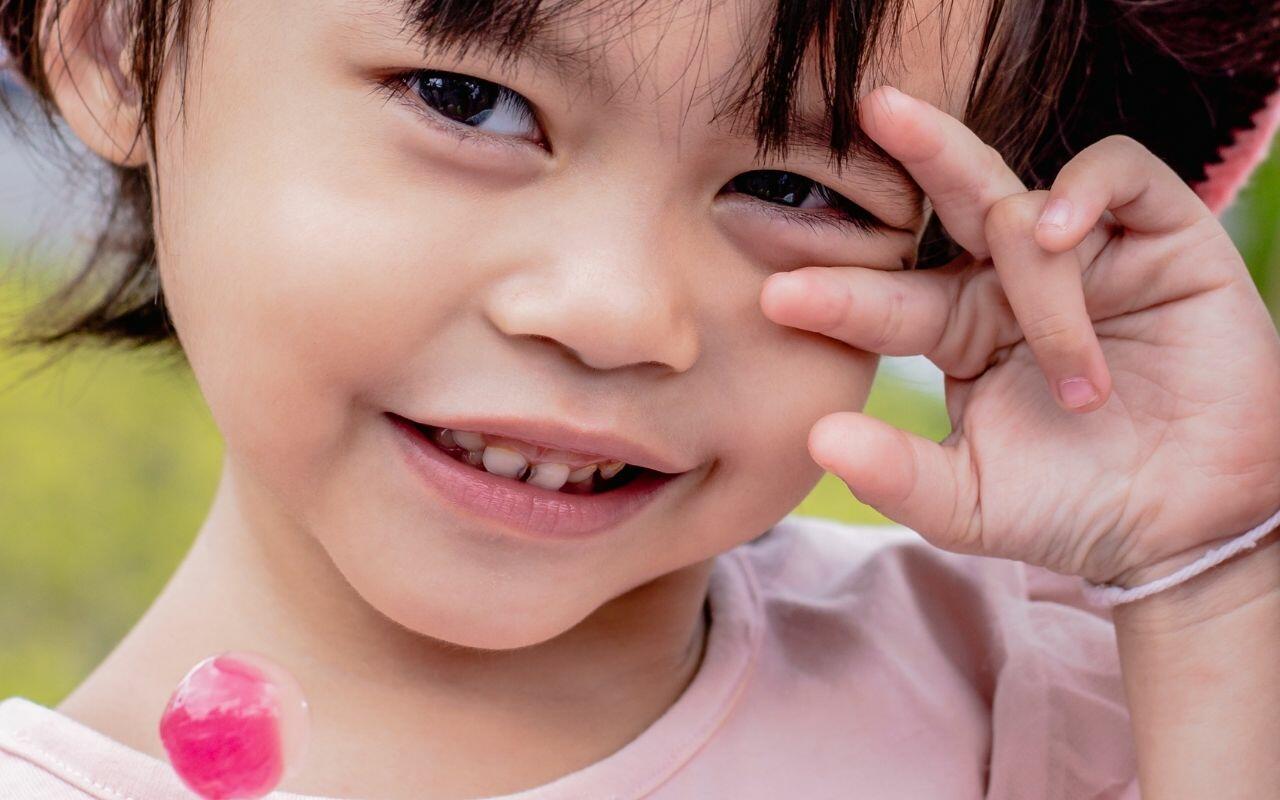
Tooth decay should be viewed as a disease. It can lead to issues for children that parents might not consider. While tooth decay might not seem very serious for children because those baby teeth will eventually fall out, the study conducted at the University of Louisville School of Dentistry shows that it actually can have a very negative effect on a child’s life. It can affect school performance and follow them into adulthood impacting their success. Other issues include:
- Painful cavities and gums that keep kids home from school, or interferes with their enjoyment of playing and learning
- Difficulty chewing properly which puts kids at risk for choking as well as malnutrition
- Embarrassment from a smile wracked with damaged or discoloured teeth
No parent would want to their child to suffer from any of these issues due to a preventable health condition.
When Should A Baby Receive Dental Care?
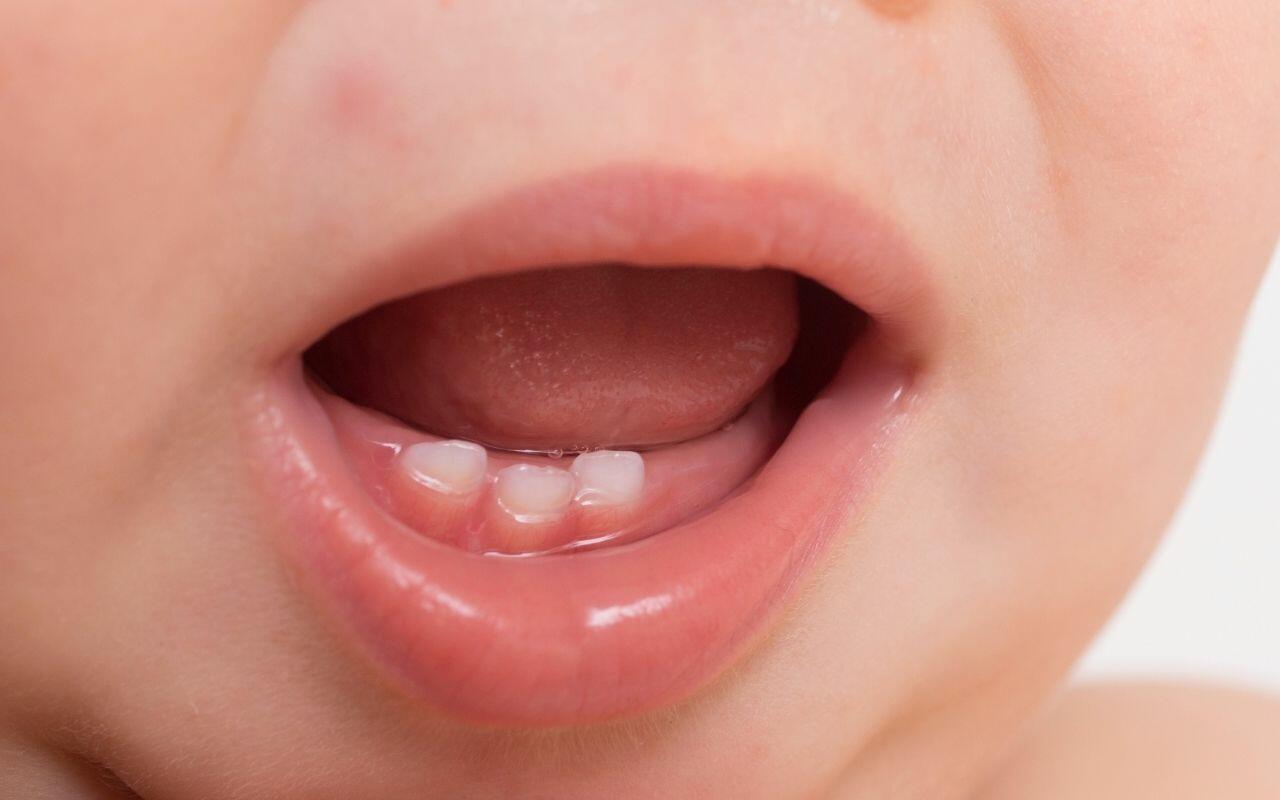
Parents should find a dentist for their babies as soon as their baby starts teething, or at least when their first tooth fully erupts. While this might seem early, starting dental care early on helps establish a lifetime of excellent oral health. Your baby’s dentist will examine your baby’s mouth and look for signs of potential issues. He or she will also provide much needed information to help parents understand the importance of early oral health, as well as tips to make the painful process of teething less difficult for their baby.
Proper oral care at home also starts as soon as your baby has their first tooth. Your dentist will show you how to clean your baby’s teeth properly. It is also important for parents to understand how to prevent trauma to their baby’s developing teeth. All of these things together with nutritional counseling start your baby off on the right foot for good oral health. You also have the opportunity to ask questions and bring up concerns at your baby’s dental appointments.
Connection Between Oral Health And Overall Health
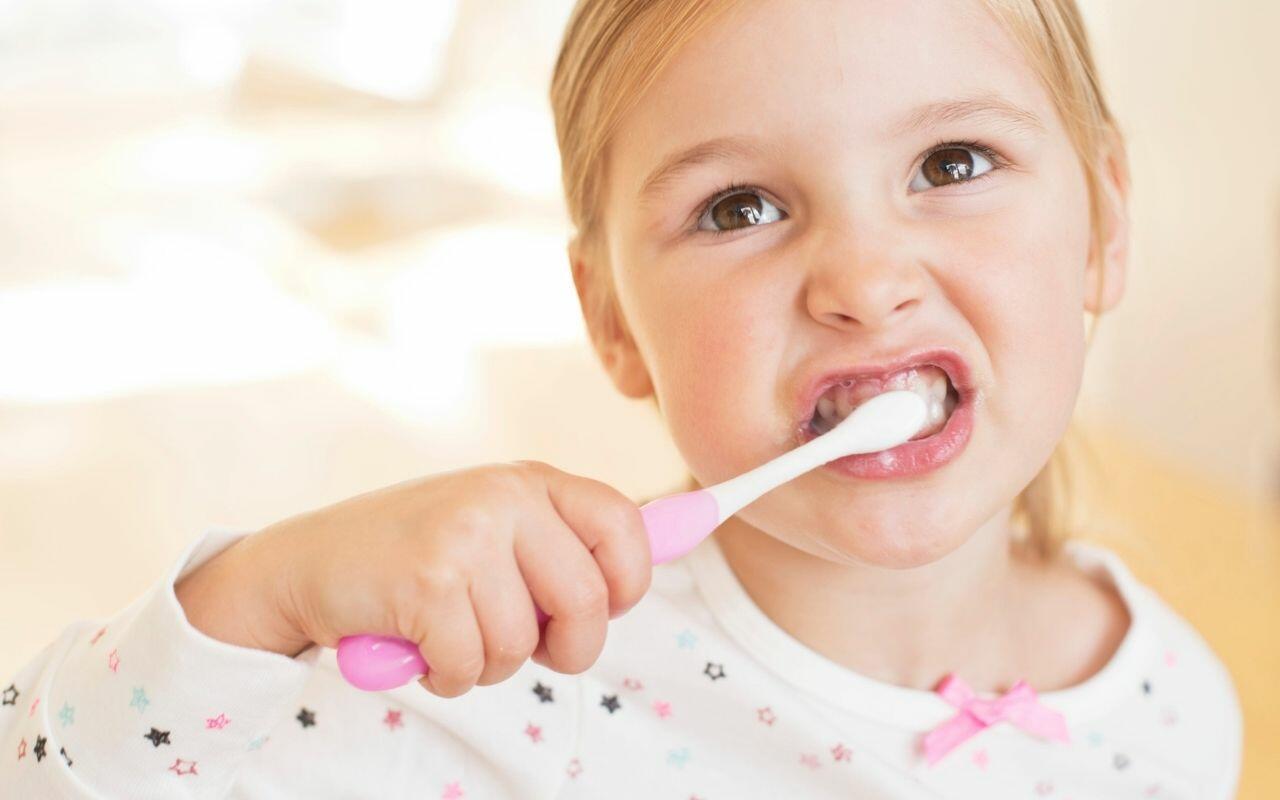
New parents are often not aware of the close ties between their baby’s oral health and their overall health. However, the mouth has over 6 million bacteria living in what is called the oral microbiome. When we suffer from infections or have bad bacteria in our mouths, these bacteria can travel through the bloodstream via the gums, or be swallowed allowing the bacteria to enter every area of our bodies. Knowing this helps parents see the importance of good oral health for their babies from the start.
As well, parents can learn to watch for signs of health conditions that present oral symptoms such as bleeding gums or dry mouth. As a child ages and reaches adulthood, poor oral health can lead to serious diseases including diabetes and heart disease.
How To Avoid Transfer Of Tooth Decay Bacteria

As mentioned above, avoiding any possibility of transferring saliva is the best way to avoid passing these bad bacteria onto your child. As well, pregnant moms can chew Xylitol gum or mints from six months on as this is believed to minimize the risk of transferring bacteria from mom to baby.
Now that you know how contagious tooth decay can be, it makes good sense to increase your own oral hygiene habits. You can also be prepared to schedule your baby’s first appointment as soon as their first tooth appears.
Call today to schedule an appointment at 905-775-5307 or click here to request an appointment.
